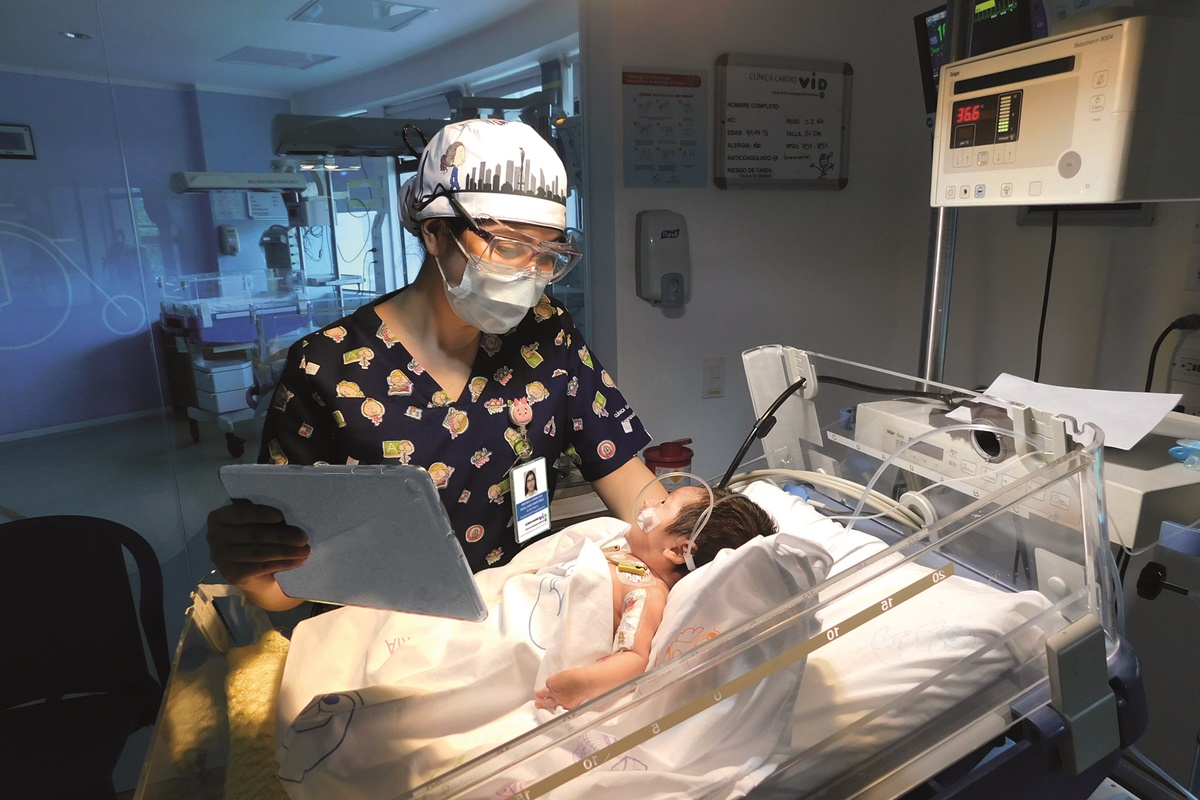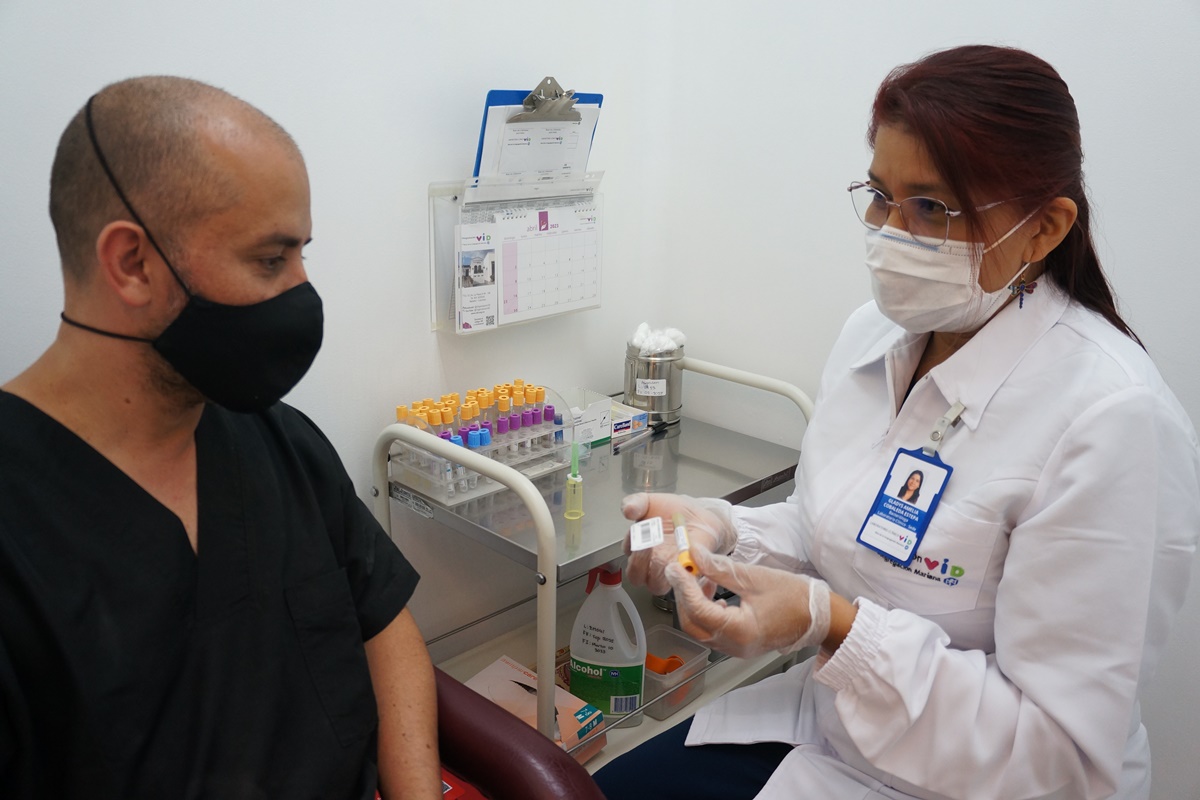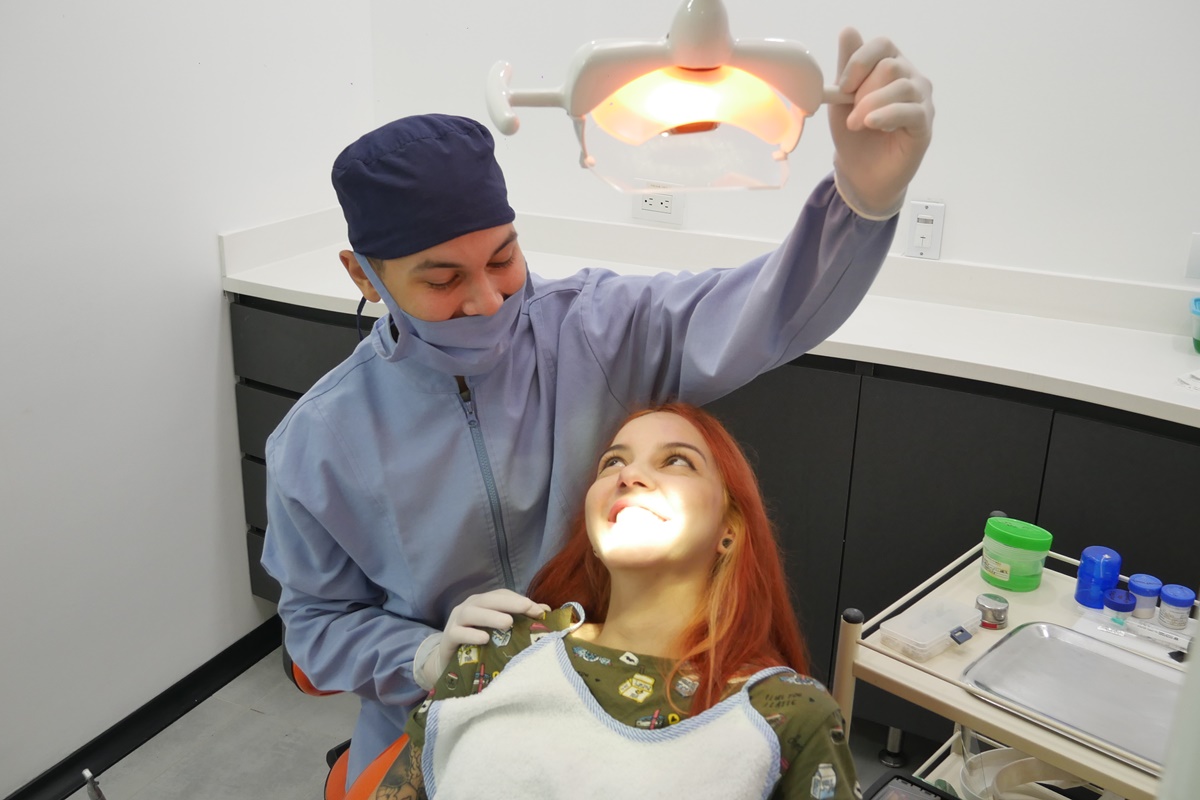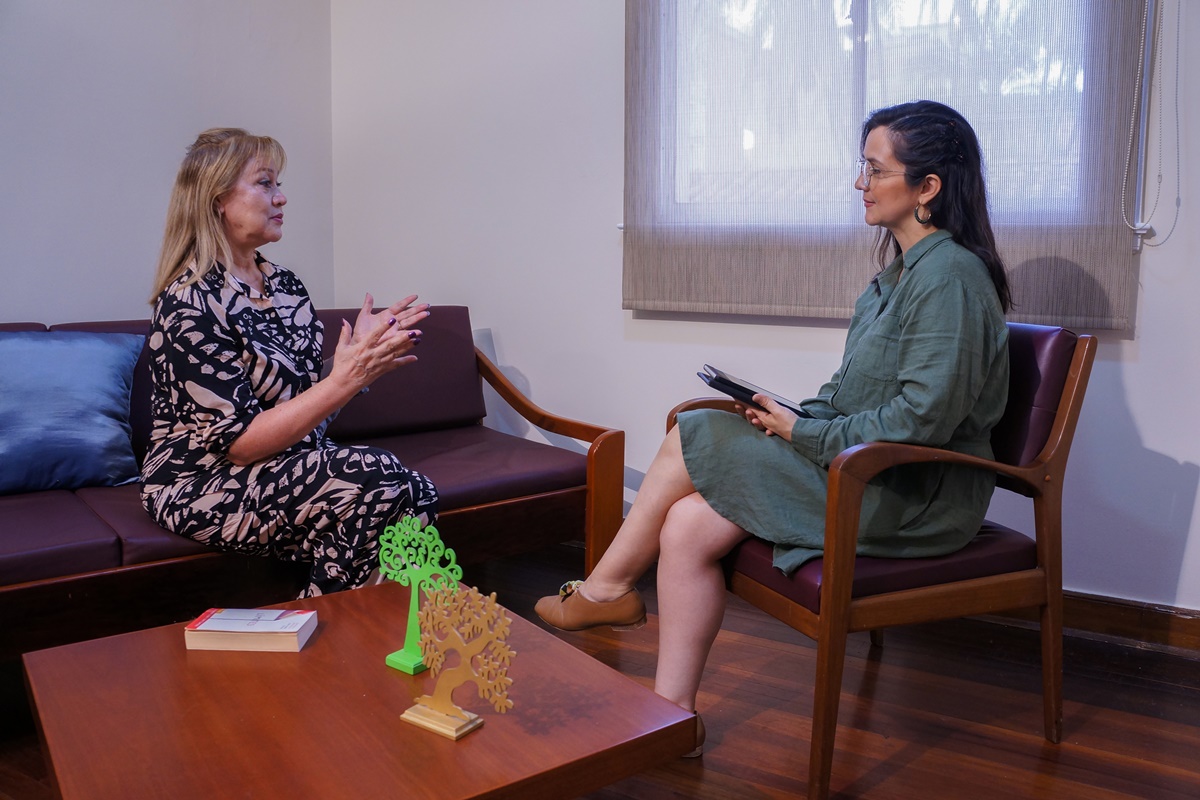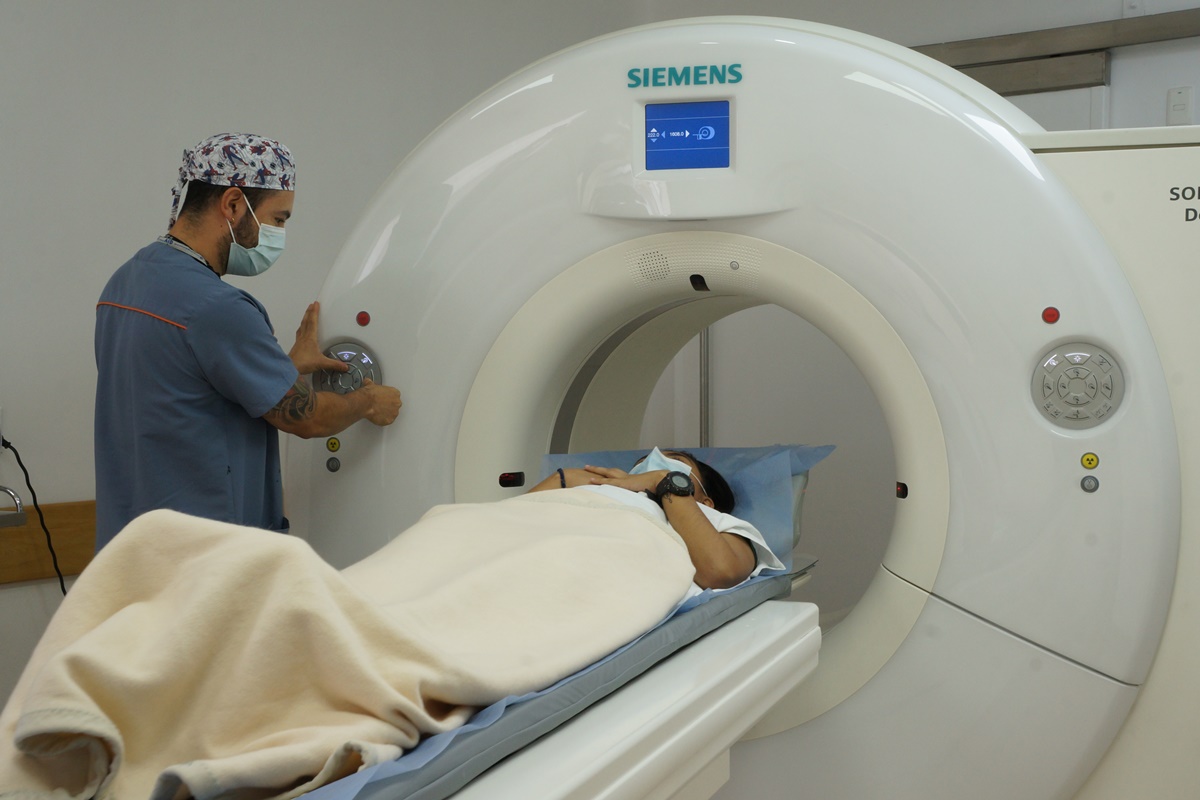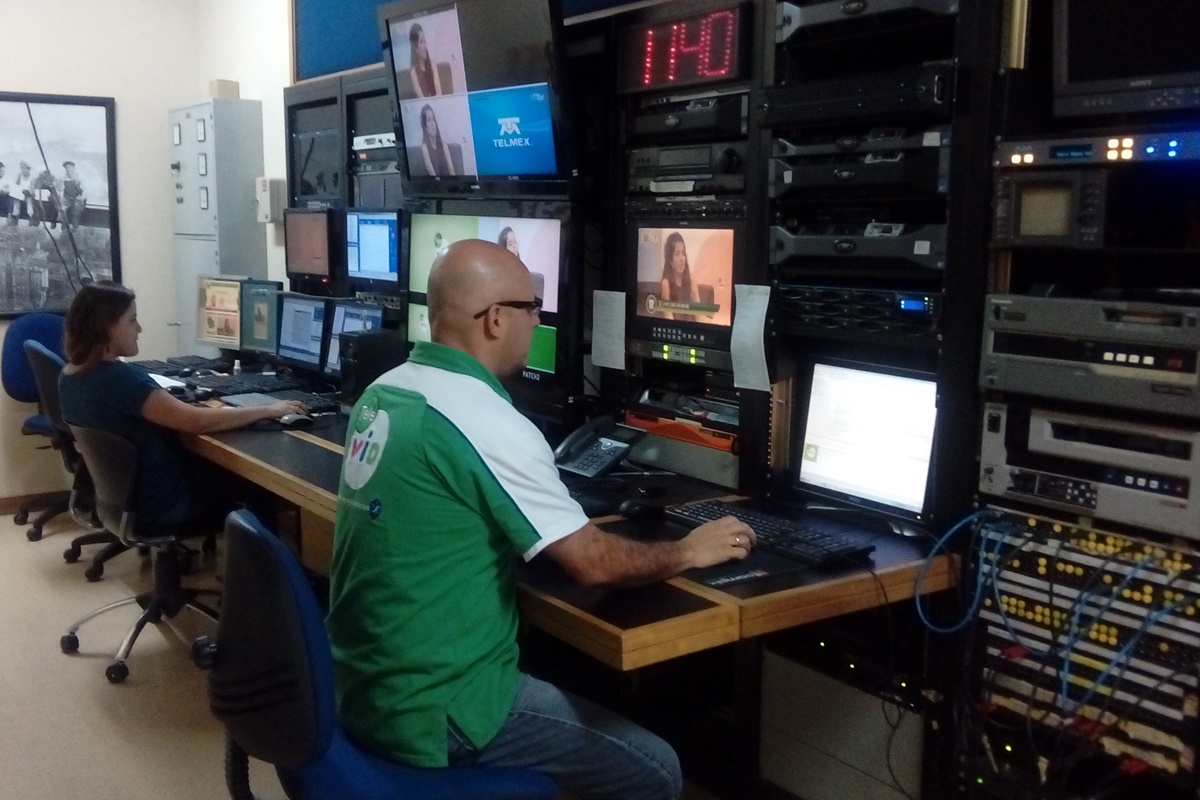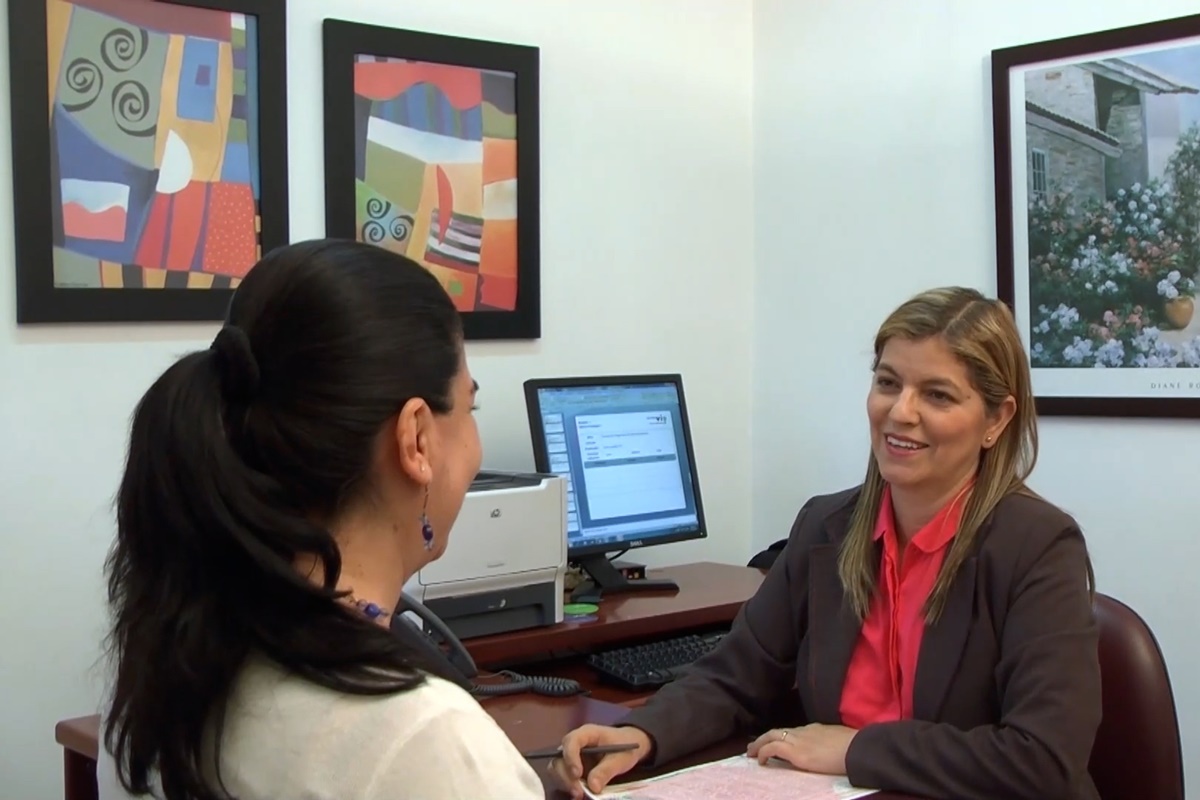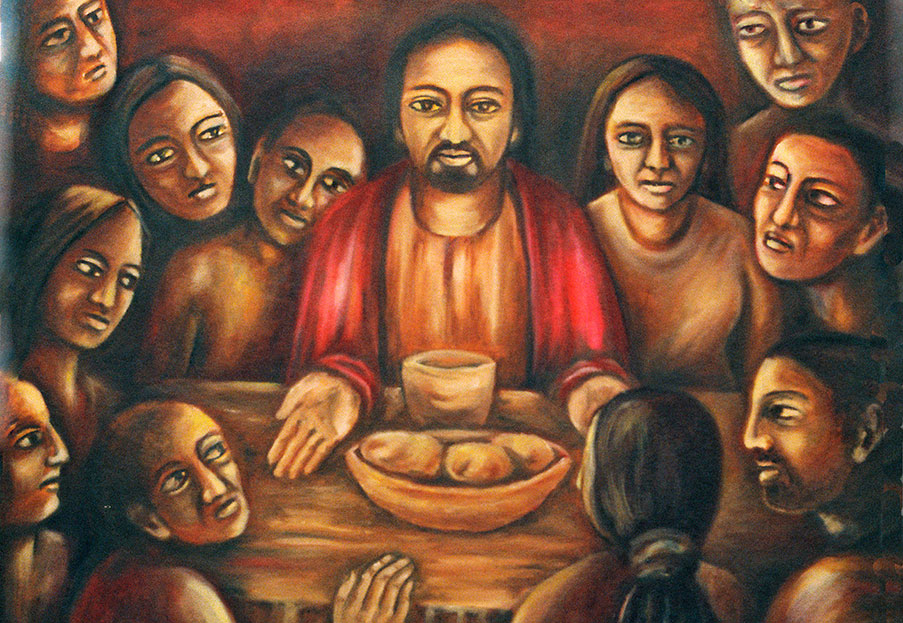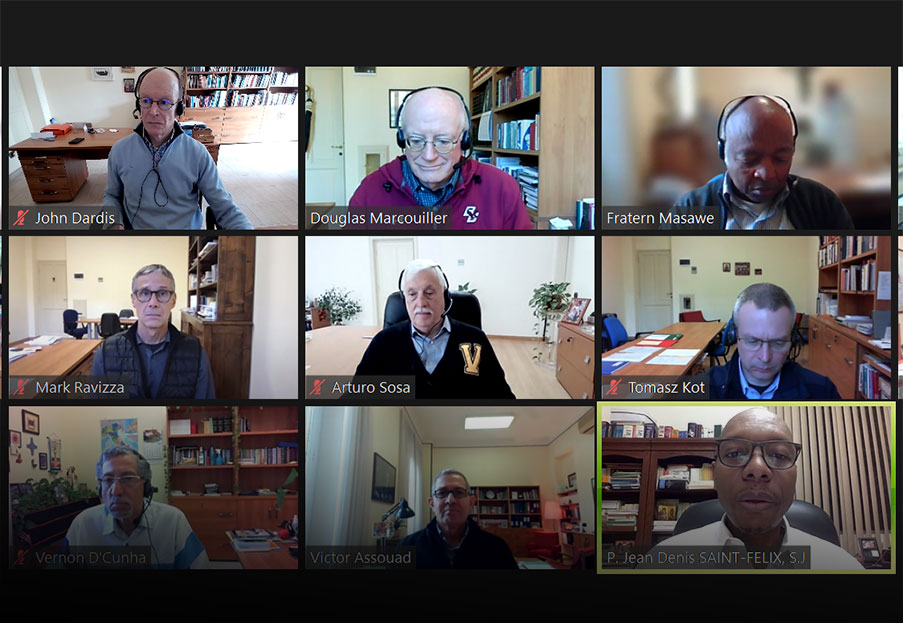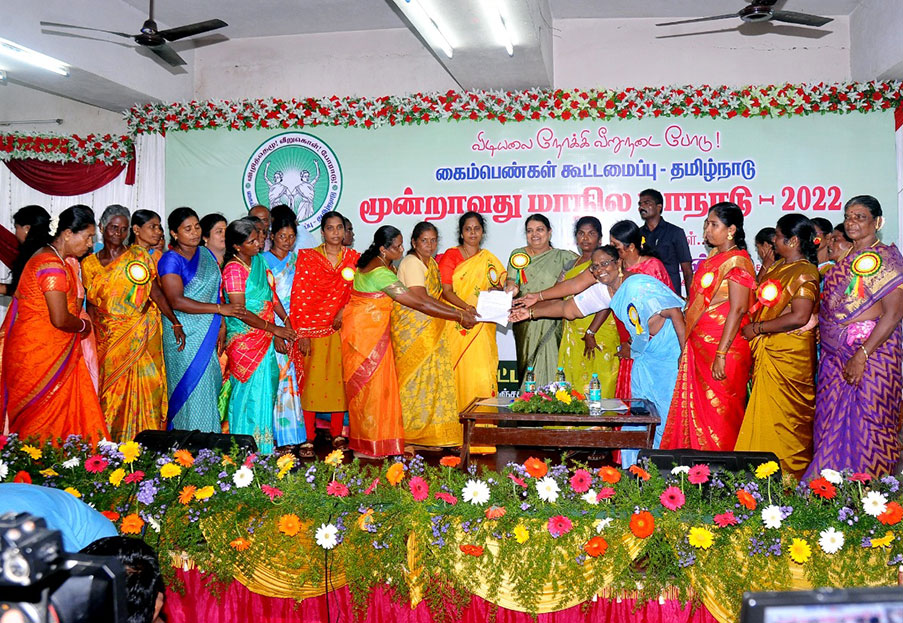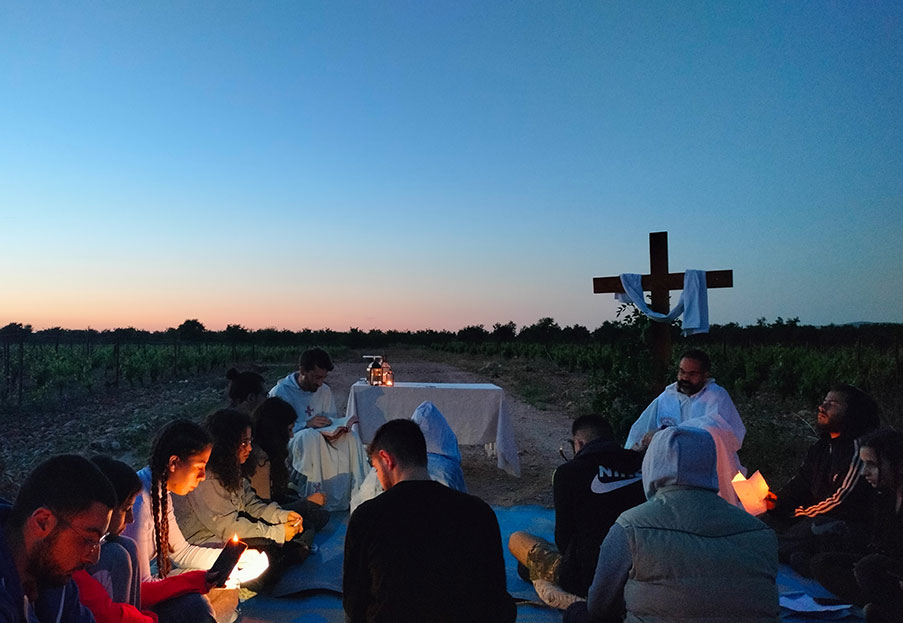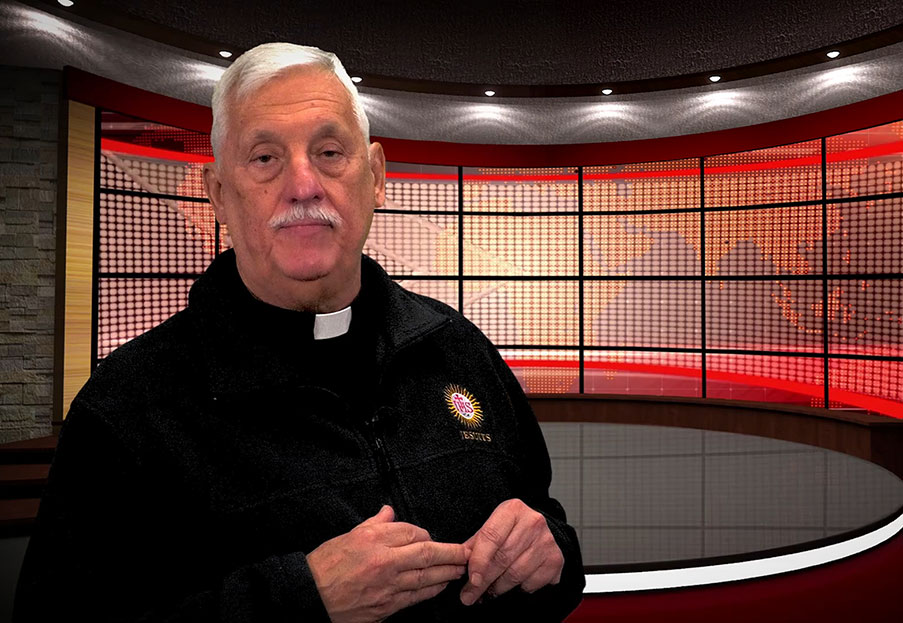In Medellín, a unique Ignatian work: the Marian Congregation
Throughout the world, men and women inspired by Ignatian spirituality are placing their talents and resources at the service of those in need, but rarely has a group developed the level of presence and commitment in a city as it has in Medellín, Colombia. Rooted in a long-standing Ignatian spirituality movement, the Marian Congregation in Medellín has in recent years innovated and expanded its services to include family education centres, health clinics and even a religious television channel, TeleVID.
While Father General Arturo Sosa was spending a
few hours visiting his companions in Medellín, the country’s second largest
city, we interviewed one of these committed lay people, Luis Jorge Correa
Parra, He is President of the Board of Directors of the Marian Congregation of
Medellín (CMM).
Luis Jorge Correa Parra, who are the members of the Marian Congregation?
The members of the Congregation are ordinary people who want to do God’s will. Our desire always is to serve our neighbours and in this way to become the hands of the Lord.
Tell us about the projects or activities of the CMM. How is all this “Marian”? What is the place of Mary in the life of your mission?
We have works in the area of HEALTH, with important medical achievements in Latin America (more than 600 heart transplants and almost 200 lung transplants). We also seek to have an impact on our society through our work in the areas of FAMILY, FORMATION and EDUCATION. In the area of COMMUNICATION, we reach out to many people with the Word of God. In all these areas we view our neighbour with a loving and compassionate gaze.
Our basic purpose is coming to Christ through
Mary. She is our model and guide on the way of salvation. What could the Son
deny his Mother?
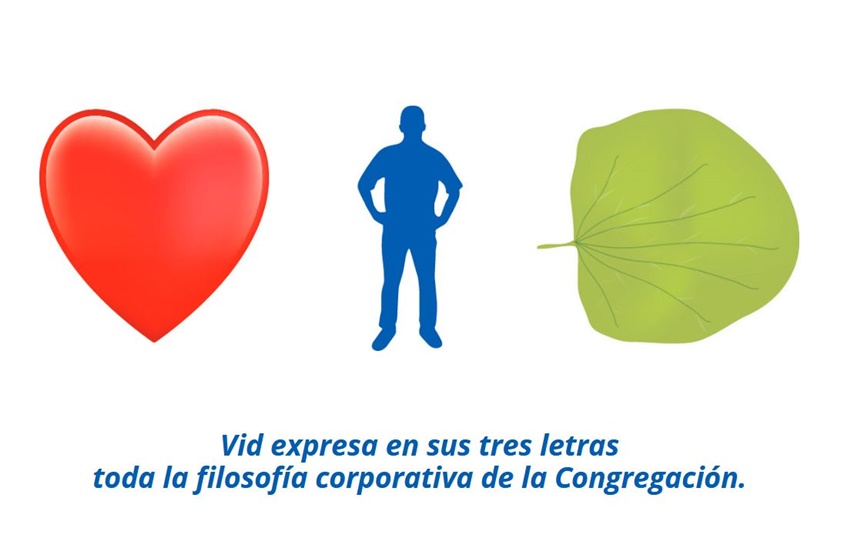
What links does the CMM have with the Jesuits and the Society of Jesus, and how do you relate what you’re doing to the Universal Apostolic Preferences (UAPs) that have been guiding the Society for more than four years?
The CMM is made up of lay people faithful to God, following the example Saint Ignatius has taught us. Legally, we are not a work of the Society of Jesus, but we have great assistance from the Society. During our 86 years of existence, six Jesuit priests have been our Directors General.
We have studied the Universal Apostolic Preferences and feel that we are in line with
them. Our aim is to provide social benefits that impact the whole community,
especially the most poor. We take care of the environment conscientiously and effectively.
We insistently cultivate spirituality through monthly retreats, the annual
Spiritual Exercises of St. Ignatius and regular practice of prayer and
self-examination. This puts us in line with the first of the UAPs. We work with
young people mainly in the Colegio VID, which is largely subsidised by the VID
Organisation Foundation.
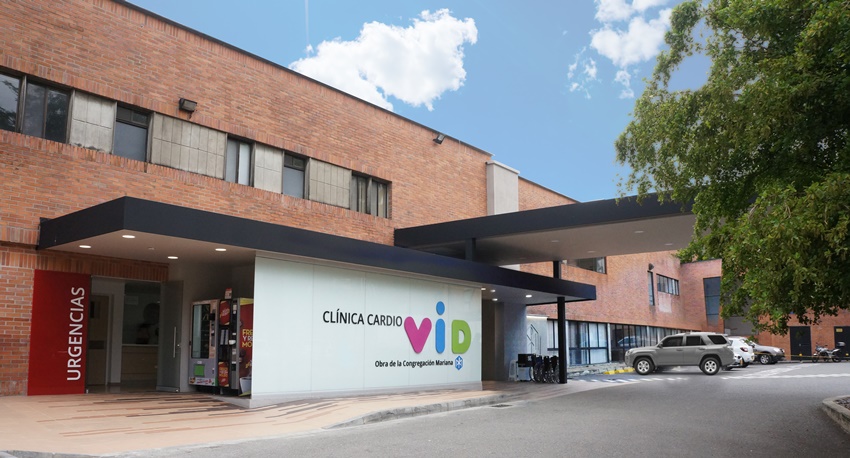
In a context of secularisation - a reality that extends to Colombia - how do you see the future of the Congregation?
We understand the complexities and uncertainties experienced today by people, institutions and nations, but we leave ample space for Divine Providence to act, always trusting in God’s grace. We work, we strive and we fulfill our commitments in the name of God’s love for His creation, always placing our hope in Him.
What challenges do you face in recruiting members for the Congregation and personnel for your works who are in harmony with the Gospel?
It is a constant challenge, but thanks be to God, every year we have suitable candidates for our Congregation. Although they are not many in number, they are people of quality, with an immense love for Jesus and Mary. We seek to attract not “employees” but APOSTLES. We recognise that the social and cultural changes of this age are making the challenge ever greater.
Where do you see the action of the Holy Spirit, and perhaps the spirit of St. Ignatius, in the socio-religious context of Medellín?
The action of the Holy Spirit and of St.
Ignatius can be felt above all in our culture of quality care, which is given
with warmth and consideration. This is characteristic of our services, and it
is perceived by the people who are served. This culture is the fruit of our
spirituality, whose aim is “to love and to serve in all things”.
